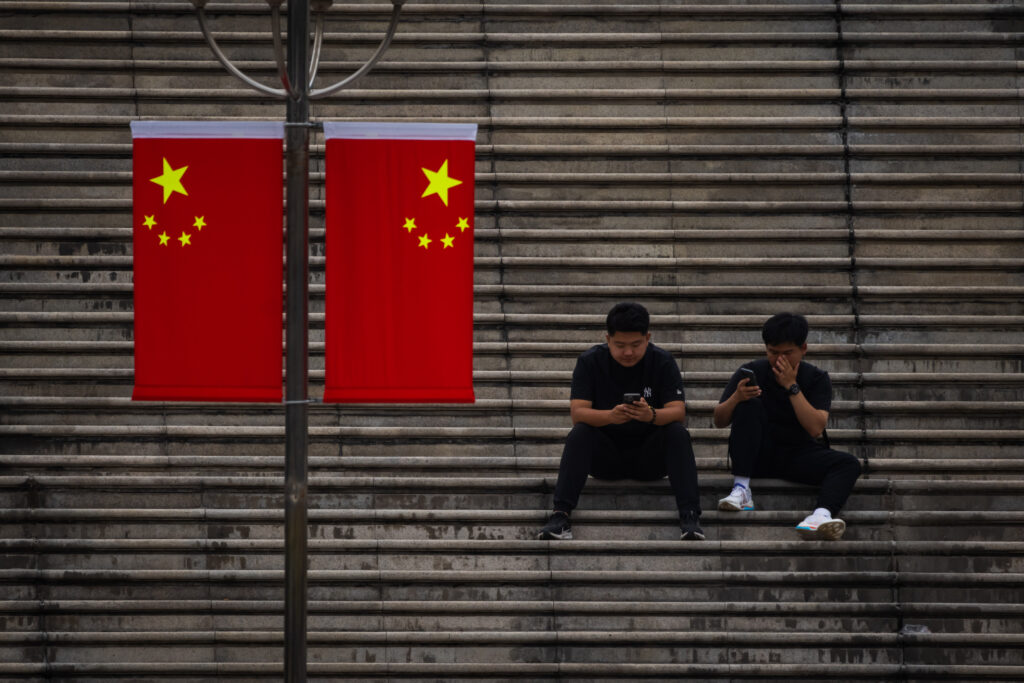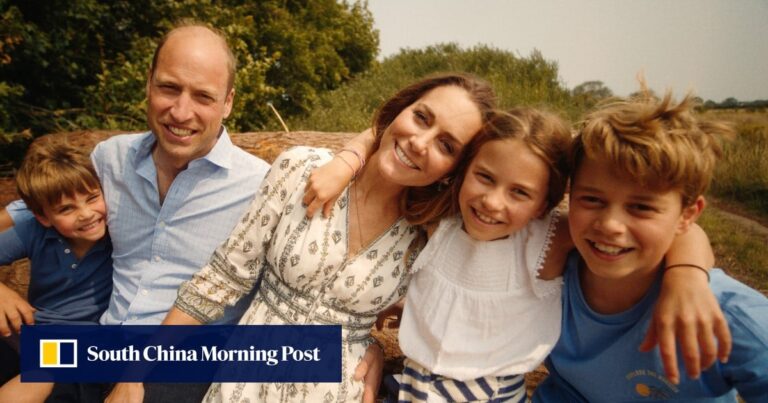
The growing popularity of dating coaches in the U.S. has taken root in China, where men from humble beginnings are trying a new way to improve their odds as marriage rates plummet nationwide.
Newsweek reached out to the Chinese foreign ministry with an emailed request for comment outside of office hours.
Why It Matters
China has an enormous gender imbalance, with roughly 30 million more men than women—a legacy of the decades-long one-child policy and long-standing cultural preference for sons. Meanwhile, many young workers face grueling hours, stagnant wages and fierce jobs competition, leaving little time or energy for family life.
Marriage registrations last year were down over 20 percent from 2023 and 54 percent from 2013. Marriages are a strong predictor of births in China, where few children are born out of wedlock—prompting concern over the long-term economic impacts as the birth rate trends downward.

Cheng Xin/Getty Images
What To Know
Chinese men are traditionally expected to provide a dowry, and often to own their own home and vehicle, before securing a marriage.
As women achieve higher levels of education and professional success, the bar continues to rise—leaving many men feeling they simply cannot compete.
The challenge is even greater for rural men who move to the cities, according to the dating coach known as Hao, who has become one of the country’s most popular advisers on the topic.
Hao claims to have worked with more than 3,000 clients, and says as many as 500 have successfully married after participating in his programs.
Hao leads students through weeklong “dating camps,” a practice highlighted in Dating Gamea documentary by Emmy-winning filmmaker Violet Du Feng released earlier this year.
The film follows three students—Li, 24, Zhou, 36, and Wu, 27—all born during the one-child policy era, which ended in 2016.
The men undergo “glow ups” under Hao’s tutelage, receiving not only new haircuts and optimized social media personas but also strategies for connecting with women both off and online.
Not every participant is comfortable with this curated approach. “I feel guilty deceiving others,” Hao says in the film.
Director Du Feng told the BBC that while Dating Game takes place in China, it reflects a universal struggle: “In this digital landscape, we’re all struggling and wrestling with the price of being fake in the digital world, and then the cost that we have to pay to be authentic and honest.”
What People Are Saying
Filmmaker Violet You feng customs Variety: “This generation of young men are being punished again and again and again at the cost of the country’s development… They grew up without proper parenting. They grew up without access to girls.”
Zheng Mu, a sociology professor at the National University of Singapore, told the BBC: “In China, marriage or the ability, financially and socially, to get married as the primary breadwinner, is still largely expected from men.” She said that failing to meet these expectations “can be a social stigma, indicating they’re not capable and deserving of the role, which leads to great pressures and mental strains.”
Xiujian Peng, a senior research fellow at Victoria University’s Centre of Policy Studies in Melbourne, previously told Newsweek: “Younger generations work so hard, they have little flexibility to raise a large family. Attitudes about having children or even marrying have changed. Women’s education levels are now higher than men’s on average, and many women prioritize career development over starting larger families.”
What Happens Next
The United Nations projects that China’s population—now about 1.4 billion—could shrink to less than 800 million by 2100 if current trends persist.
Central and local governments continue to introduce new measures aimed at encouraging young people to start families.



